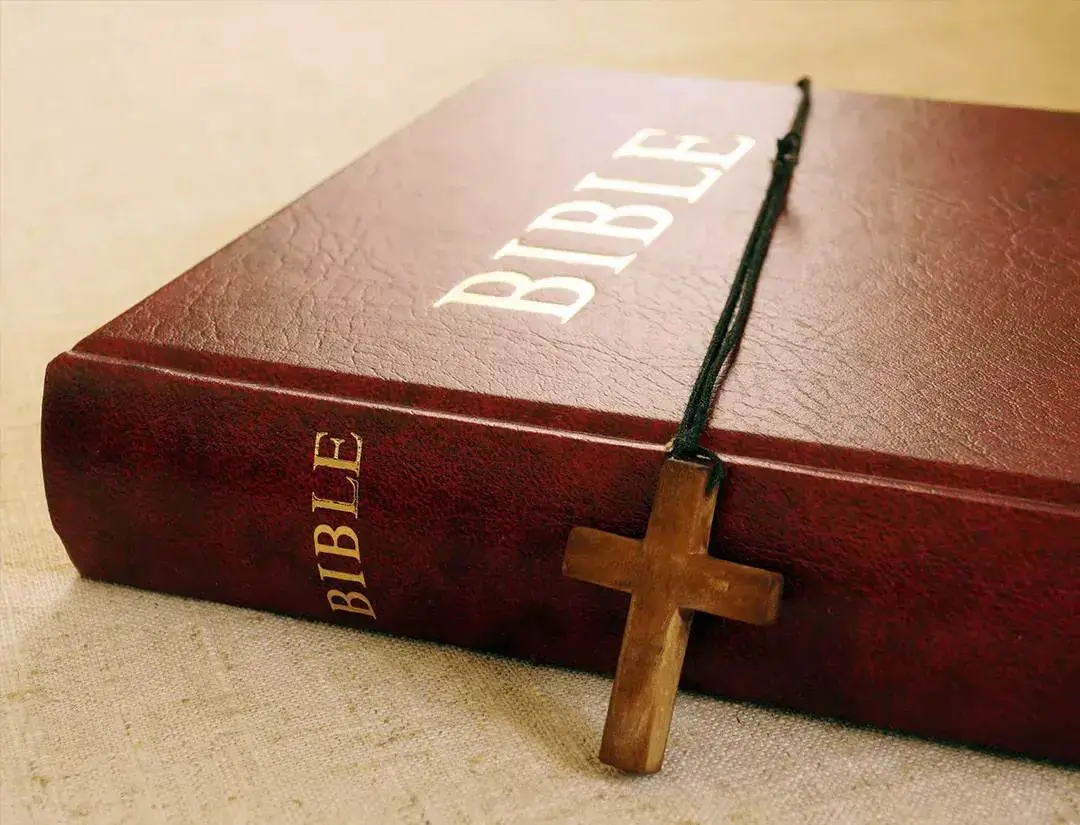Language
 Directory
Directory
2 Kings
Hezekiah

1. Hezekiah was the 13th king of Judah and is regarded as one of the most righteous and reform-minded kings in the history of ancient Israel. His story is primarily documented in the books of 2 Kings, particularly in chapters 18-20.
2. Hezekiah ascended to the throne of Judah following the reign of his father, King Ahaz. From the very beginning of his reign, Hezekiah sought to restore and uphold the worship of Yahweh, the God of Israel. He embarked on a series of religious reforms, removing idols and pagan altars throughout the land and reinstating the proper observance of religious festivals and rituals.
3. One of Hezekiah's notable achievements was the cleansing and reopening of the temple in Jerusalem, which had fallen into disrepair under the previous reign. Hezekiah gathered the priests and Levites, purged the temple of impurities, and reinstituted the proper sacrifices and worship practices according to the Law of Moses.
4. In addition to his religious reforms, Hezekiah also sought to strengthen the kingdom politically and militarily. He organized a system of defense against potential invaders and fortified the city of Jerusalem. When the Assyrian empire, under the leadership of King Sennacherib, sought to conquer Judah, Hezekiah resisted and put his trust in God.
5. The Assyrian campaign against Judah is described in detail in 2 Kings 18-19. Sennacherib's forces besieged numerous cities in Judah, capturing them one by one. Eventually, they surrounded Jerusalem itself, demanding surrender. Hezekiah turned to the prophet Isaiah for guidance and assurance from God.
6. In response to Hezekiah's fervent prayers and faith, God intervened miraculously. An angel of the Lord struck down 185,000 Assyrian soldiers in a single night, leading to the retreat of Sennacherib and the eventual deliverance of Jerusalem. This event became known as the "Angel of Death" or "Passover of the Lord."
7. Later in Hezekiah's reign, he fell seriously ill. The prophet Isaiah delivered a message from God, informing Hezekiah that his illness was terminal and that he would not recover. In response, Hezekiah fervently prayed for healing and reminded God of his faithfulness and righteousness. Moved by Hezekiah's plea, God granted him an additional 15 years of life and performed a miraculous sign by causing the shadow on a sundial to move backward.
8. Despite his many accomplishments, Hezekiah's later years were marred by pride and a lack of discernment. He welcomed envoys from Babylon and showed them all the treasures of his kingdom, which eventually led to a prophecy that these treasures would be carried off to Babylon in the future.
9. Hezekiah's story in 2 Kings portrays him as a faithful and reform-minded king who sought to restore true worship and trust in God. His commitment to righteousness and his reliance on divine intervention in times of crisis serve as an example of faithfulness and humility.




 Previous
Previous







